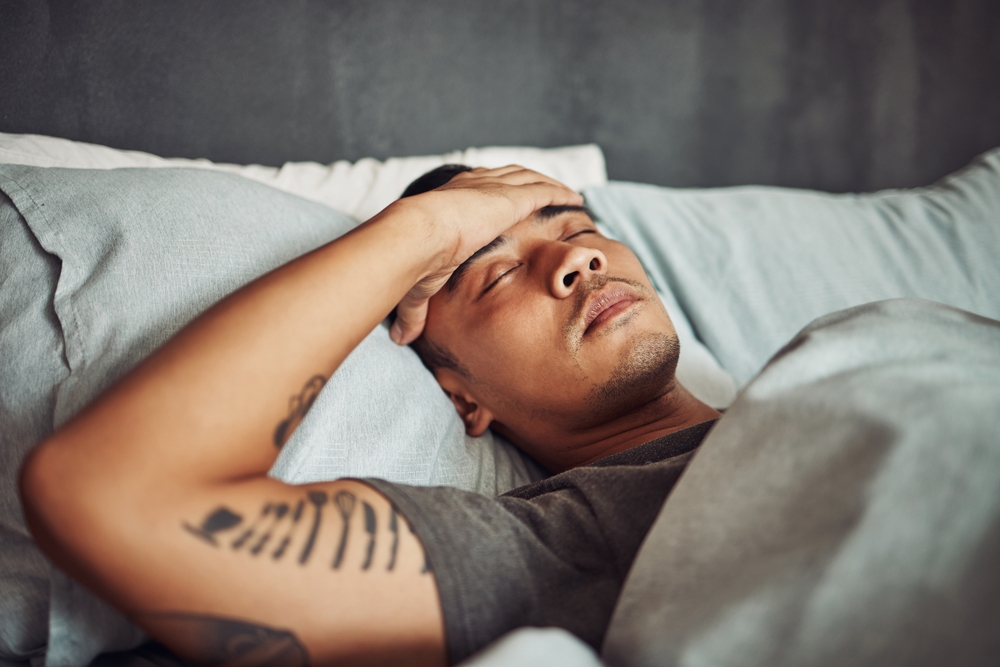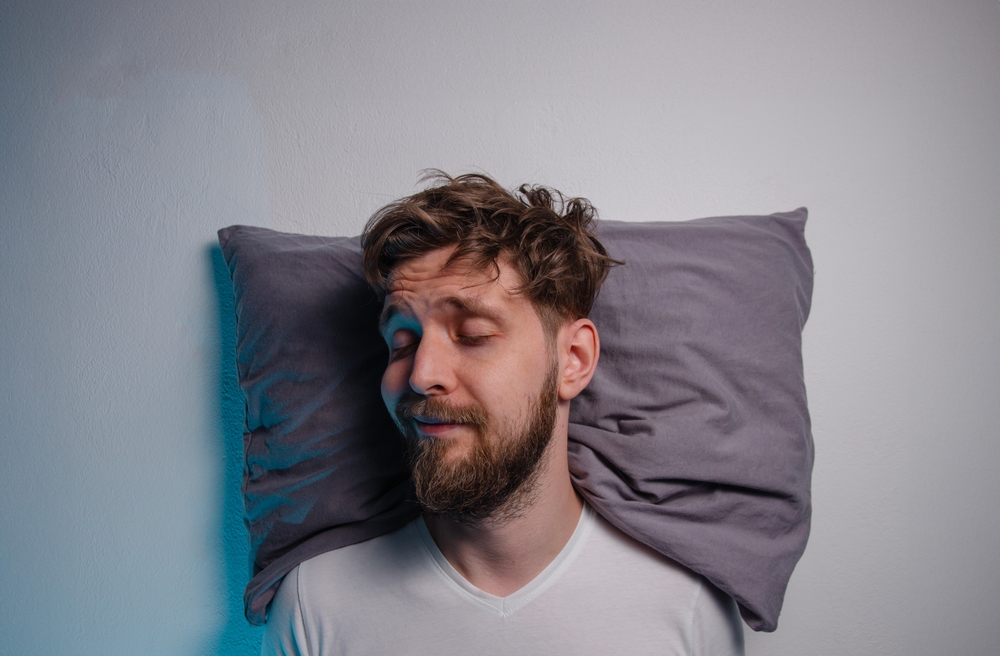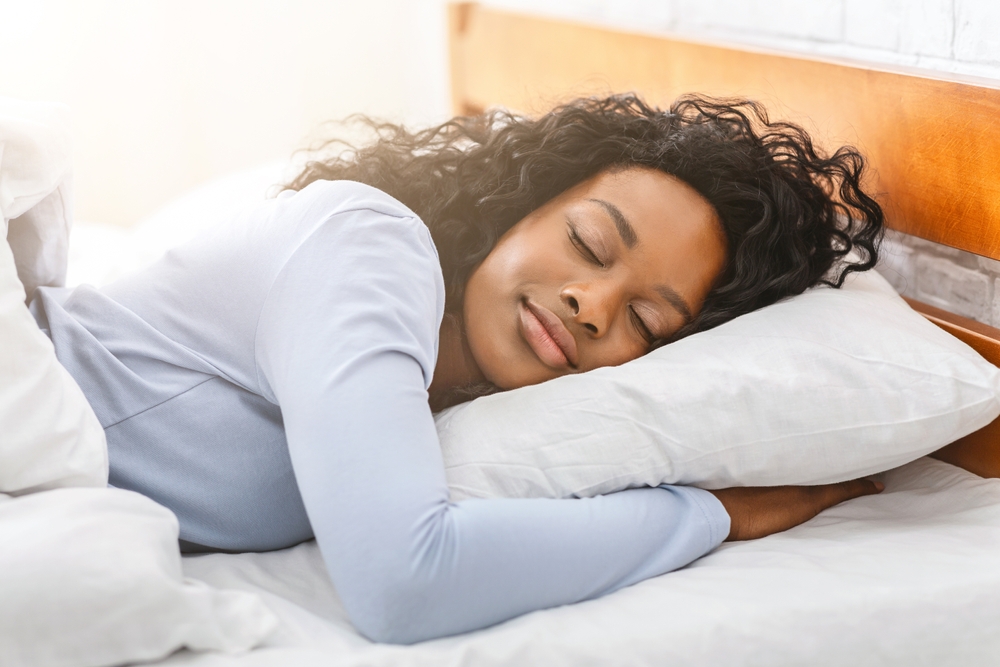


Most of us don’t really think about sleep much. It’s just a normal part of life and something we do at the end of the day. But the reality is that a good night's sleep is critical for our well-being and even survival. Without adequate sleep, we become emotionally unstable, irritable, tired, less productive, etc. These side effects do not support addiction recovery and they can significantly hinder your progress.
There’s a strong connection between sleep and substance abuse. According to studies, people turn to sleep medications when they have trouble sleeping. In some cases, they may self-medicate with street drugs or alcohol. However, drugs and alcohol misuse or withdrawal can cause:
This happens because drugs and alcohol cause chemical changes that directly affect your circadian rhythm. Stimulants, for instance, make you more alert. Hallucinogens work similarly but alter perceptions by interfering with serotonin, which plays a huge role in regulating sleep. Depressants, on the other hand, may help you fall asleep, but the sleep quality is usually much lower than when you don’t use them.

Sadly, sleep deprivation can weaken your resolve and increase the likelihood of relapse. It may also:
It’s important to take care of your body in recovery, and sleep plays a big part in this process. Sleep is more than rest—it heals and strengthens your body. Let’s look at how sleep helps your physical health, especially during recovery.
Your immune system helps keep you healthy. But addiction compromises it to a great extent, and makes it more likely to contract diseases and infections. In recovery, you want to get enough sleep to help boost your immune system so your body fights off illnesses and infections more effectively. When well-rested, your body is better equipped to protect itself, which is especially important in recovery.
One of the characteristic symptoms of addiction is the drug or alcohol seeking behavior. This means that all your efforts and resources go toward feeling high. The last thing you focus on is your sleep, let alone health. In recovery, a good night's sleep allows your body to repair damaged tissues and muscles. It also gives you the strength and vitality you need to move forward.
Recovery requires a lot of energy and motivation. When well-rested, you wake up feeling more energized and ready to take on daily life challenges. Sleep gives your body the fuel to stay active and engaged in recovery. With more energy, you can participate fully in therapy sessions, exercise, and other recovery activities.

Your mental well-being is as important your physical health - you can't take care of one and leave the other. Sleep helps maintain your mental well-being. Here’s how sleep supports your mental health, especially as you work towards your recovery from addiction.
Stress and anxiety are common triggers. When you’re sleep-deprived, your body produces more stress hormones like cortisol, which can lead to tension and anxiety. Conversely, sleep helps regulate these hormones and promotes relaxation and calmness. Adequate sleep also helps with mood stabilization and allows you to approach each day more positively.
Sleep is essential for optimal brain function. It helps improve your memory, concentration, and decision-making abilities. This is helpful during recovery, as you may learn new coping skills and strategies. With better sleep, you can think more clearly and make better choices for your recovery.
Sleep plays a role in managing cravings for substances. When well-rested, you can better resist cravings and make healthy choices. Lack of sleep, on the other hand, can increase your cravings and undermine your relapse prevention strategies.
Good sleep contributes to your overall sense of well-being. It can help you feel more positive, motivated, and resilient. This positivity can carry over into your recovery journey, making staying committed to your goals easier.

Early sobriety brings its own set of challenges when it comes to sleep. Your body and mind are adjusting to life without substances, and this adjustment can disrupt your sleep patterns. So you’re likely to experience these sleep disorders:
Insomnia is a common challenge in early sobriety. It’s five times more common for those in recovery than for the general population. That might be because substance use during addiction might mask underlying sleep disorders that started way before use. Or maybe it takes months for the body and brain to readjust to normal functioning (and sleep) without the help of substances.
Nightmares are also pretty common. You may experience a pattern of disturbed sleep that makes falling asleep an uncomfortable and scary experience. Drugs and alcohol may cause nightmares and relapse dreams – but the nightmares could also be a result of past childhood trauma or PTSD, which is common in people with addiction problems. Other causes include stress, depression, anxiety, lack of sleep, poor health, etc.
Sleepwalking happens when you’re in a state of semi-consciousness, and you walk or do other activities while you’re asleep. Although sleepwalking episodes are often brief and harmless, they can also be dangerous. For example, you may walk into traffic, fall downstairs, drive or operate machinery while sleepwalking, and end up injuring yourself or others.
Here are some simple tips to help you get the restful sleep you need:
If you continue to have trouble sleeping, consider seeking help from a healthcare professional. Your caregiver will run tests and identify any underlying issues that might be causing problems. They’ll also recommend treatment options to help you sleep better.


